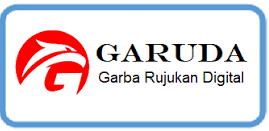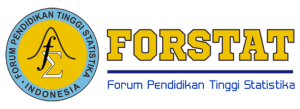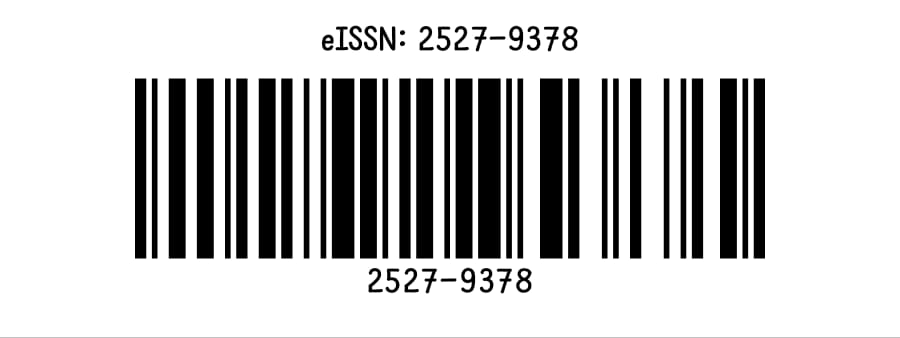SEGMENTASI E-COMMERCE DENGAN CLUSTER K-MEANS DAN FUZZY C-MEANS
Studi Kasus: Media Sosial di Indonesia yang diunduh di Play Store
DOI:
https://doi.org/10.34151/statistika.v4i01.1054Keywords:
K-Means, Fuzzy C-Means, ValidityAbstract
Abstract: E-commerce segmentation is grouping in business activities involving company and consumen. The process of clustering is very needed in the case of e-commerce segmentation which purposed to know the description of online store segmentation on social media in Indonesia. In this research used cluster K-means and Fuzzy C-means method with research variables the number of followers on Twitter, Instagram, and Facebook on social media. The method of determining the number of clusters using the Elbow cluster method, Silhouette Index, and Gap statistics are three clusters, then the results of clustering with K-means method obtained result , that is 1 of 34 member with average moderate number of followers , cluster 2 of 4 with average little number of followers, and cluster 3 of 2 with the average many number followers, with the Silhouette Index value is 0,8641212 and Partion Coefficient Index amounting to 0,9684215. While the results of clustering with Fuzzy C-means method obtained results, that is cluster 1 for 34 with average little number of follower, cluster 2 for 2 with the average many number of follower, and cluster 3 for 4 with average moderate number of followers, with Silhouette Index value of 0,9527799 and Partion Coefficient Index of 0,9685199. The results of the comparison of the best method is the Fuzzy C-means method because value of SI 0,9527799 and PCI 0,9685199 which is greater than the value of SI and PCI in the K-Means method.















